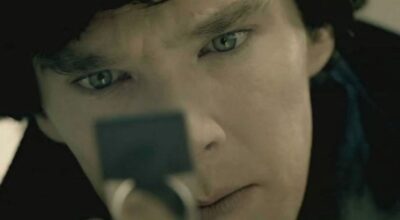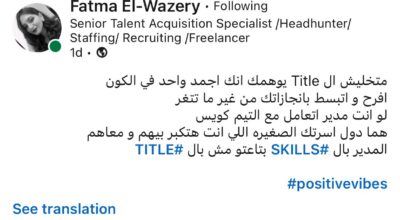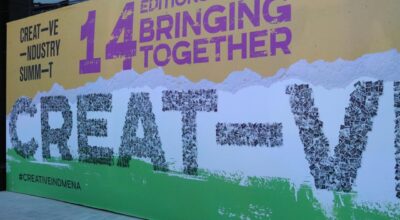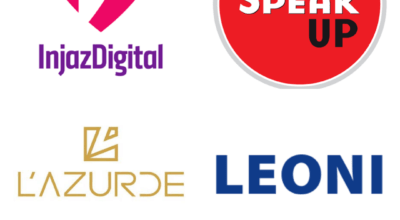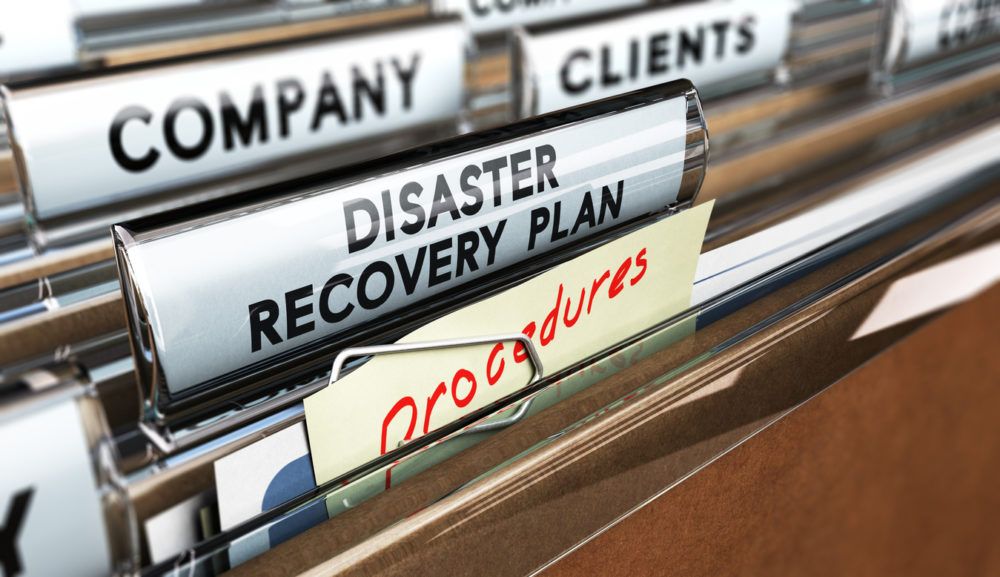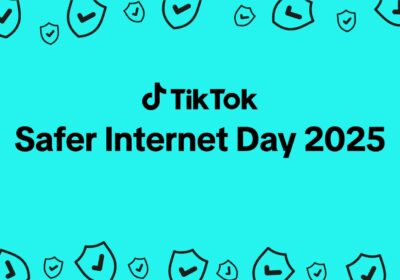The field of Public Relations (PR) is often associated with – or even defined by – its ruthless and manipulative side. Are you attempting to convince people that smoking might be good for their health? Are you striving to polish the tarnished reputation of a politician? Are you trying to sway people into thinking that your client, the fast food brand, is good for your kids? Then you probably work as a PR specialist.
The agreed upon definition of PR, managing the spread of information and attempting to influence people’s opinions and behaviors, may even sound a bit sinister and inherently dangerous. And the word unethical is quite general and subjective. Ethics vary with people, culture and time.
We wanted to get a taste of what goes on in the minds of PR specialists. How do they perceive the ethical dilemmas and issues of their field? Isn’t it ironic that the profession that’s responsible for shaping and maintaining a brand’s positive reputation is having image issues? We spoke to a couple of PR experts working in Egypt to dig deeper and see the troublesome field from the other side.
“I’m not blaming the field entirely. I got into something I didn’t understand,” said Ahmad El Attar. Attar, 23, majored in political science in college and then went on to work in PR for almost a year. Now he is doing a masters on international relations in Paris. “I wasn’t really okay with the fact that I once wrote the questions AND the answers of an interview for one of our clients; an interview that never happened,” he said when asked about the ethically shaky aspects of the job. “The client just approves the answers I imagined he or she would say,” he elaborated. And even though Attar admits to have been shocked by the fact that this means a lot of interviews never take place, this practice of answering the questions to an interview you wrote is commonplace. “When I asked around, most people told that since the client approves of our pretend-interviews, then it’s as if they said it. I guess my work in PR lacked transparency with the public but they were white lies that I didn’t see as doing any harm.”
Another fresh PR mind we spoke to was Mostafa Sadek. Sadek, 24, has been in the PR industry for six months only. He majored in Economics and is now doing a masters in sustainable development. The first thing that put a scare in him while working in PR was similar to Attar’s. He was answering questions asked by the press on behalf of a client’s CEO. Although Sadek subscribes to the aphorism ‘The road to hell is paved with good intentions’, he still thinks that having good intentions matters the most. “But it is a necessary profession. I think it’s an integral part of human civilization and even if we erase the profession, it will come back to life and people will specialize in it again. I don’t see how any enterprise can survive without it,” argued Sadek.
Another thing that rubbed Sadek the wrong way was the orchestration and artificial composition of marketing materials even when the client is a charitable NGO. “They tell the underprivileged that they help to say certain things and mention their brand. I just found that really weird. Why not let these people express themselves?” he exclaimed. “But then again perhaps these are necessary lies that will help – for example – bring in more donations to the NGO and allow them to help more underprivileged people. So, I don’t know.”
Yasmine El Shafei, a 38 year-old PR veteran with four years of experience in the field, majored in Economics and acquired MBAs in finance, strategic management and marketing. In our interview with her she praised PR as a dynamic field. She further posited that, as a general rule, “there is nothing good in general or harmful in general, it always depends on the context to which you direct your tools and exert your efforts.” Shafei thinks that communication is a daily and inevitable routine and practice in itself. “And this makes it a tool to influence perceptions and opinions and which in its turn would affect people’s behaviors,” she expressed. “And I would never manage a crisis or a corporate reputation issue without being totally convinced it is ethical at the first place. I should review all the legal materials and have all my questions and inquiries to the case addressed before managing anything.”
PR was used to consolidate the rule of tyrants and reinforce myths that help giant transnational corporations maintain a drastic negative impact on the people of developing countries. But it can also be used to help an art, independent film gain more publicity or give a struggling charity the communication arm it needs to flourish. Is it a necessary evil? An inevitable communication tool that can be used for good or bad? We will leave it up to you to decide, of course.


